The Challenge
Imagine that the sun just set, your kids are doing their homework and you are preparing food to sell at market tomorrow. And then your lights go out. In remote communities using off-grid power systems, these types of service interruptions during peak hours are still common. Green Empowerment’s Smart Grids for Small Grids project aims to bring smarter, open source technology to local engineers and technicians who can use it to build more efficient and reliable mini-grids.
The Work
Green Empowerment works with regional partners SIBAT and TONIBUNG to build renewable energy micro-grids with remote indigenous communities in Southeast Asia. In recent years we have collaborated to design an open source Electronic Load Controller (ELC) that maintains micro-hydro system parameters whilst demand changes throughout the day - minimizing power outages during off-peak hours.
Now we are building on this successful collaboration. Together we are designing technology that will decrease power outages during peak-use hours and allow excess energy (generated in off-peak hours) to be put to productive use.
RECENT UPDATES
2023 Automation Track Prize!
We are excited to share that the IEEE Empower a Billion Lives competition awarded Green Empowerment the 2023 Automation Centric Track Prize in recognition of our Smart Grid for Small Grids program. The prize includes a $50,000 cash award which will allow us to continue our collaboration and test the technology at scale.
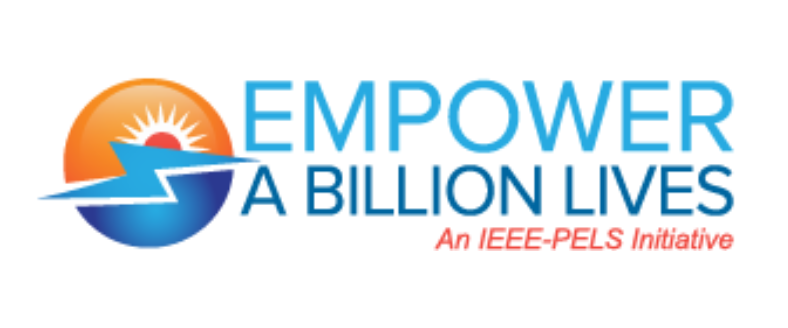
Prototype Technology
System Monitoring Tools:
When we started this project, we wanted to accurately quantify the energy demand of communities, particularly fluctuations that affect the performance of mini-grids. We found it very difficult to source logging equipment that could measure comprehensive electrical parameters, at a good sample rate, with offline storage, all for an affordable price. We designed our own version as part of our tools.
This technology alone is helpful for local practitioners installing mini-grid systems because it helps us understand trends in energy consumption, maintenance requirements, and factors that affect future project planning and system design.
Appliance Controllers:
Our appliance controllers are small devices that can be connected between domestic appliances and the wall outlet. The controller can read system frequency changes coming from the outlet to know whether there is enough available energy on the grid to use the connected appliance.
When there is enough power available to use the connected appliance the controller will allow the device to switch-on, whereas if there is a limited amount of power available the controller will switch-off or prevent usage of the appliance. Energy consumption can be prioritized for appliances like refrigerators or freezers based on monitoring of their internal temperatures.
The appliance controllers also include a visual display similar to a stoplight that shows the user the general available capacity thereby informing their decisions to use other appliances. Green indicates a good level of available capacity, yellow indicates steady but limited availability and red suggests essential usage only.
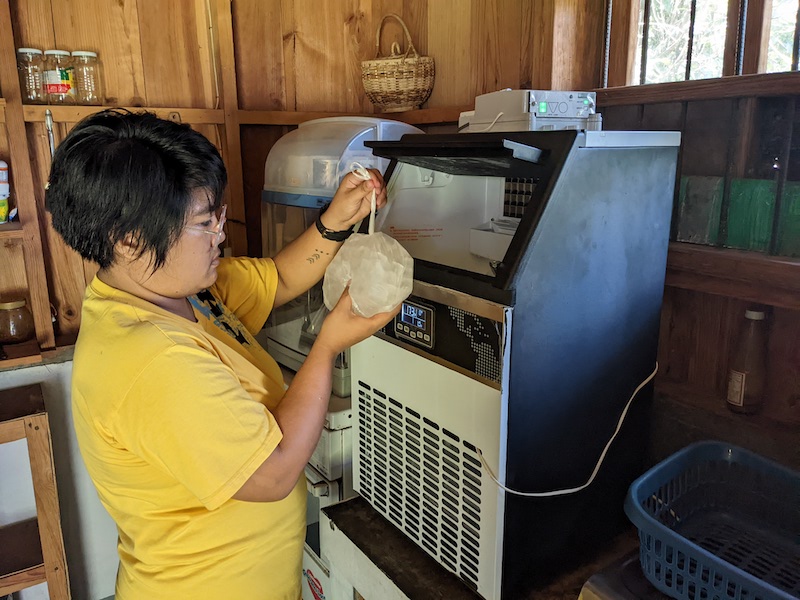
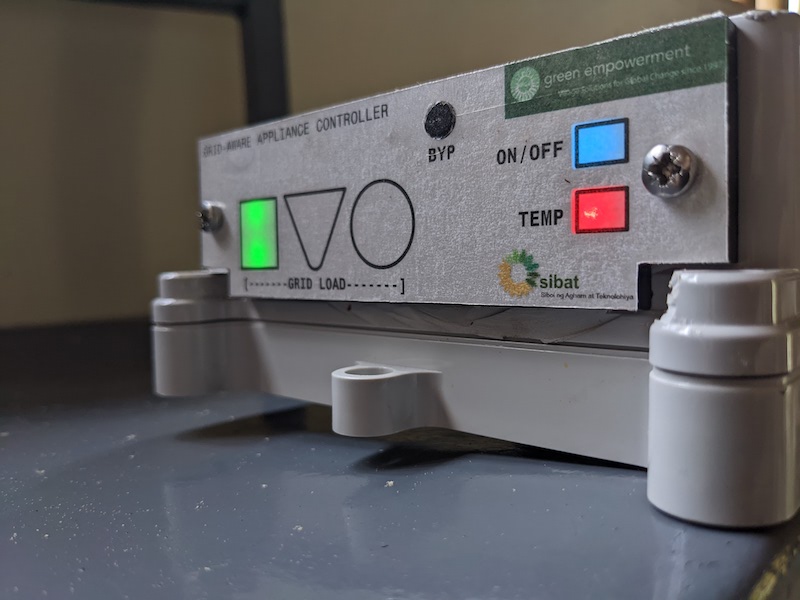
Field Tests
In late 2022 and early 2023 we were able to test our monitoring equipment and appliance controllers in the field with our two pilot communities, Buayan, Malaysia & Balbalasang, the Philippines.
We are excited to share that in limited tests this technology proved viable and functional and community members expressed a lot of interest in having access to the technology - especially at a household level. Our next steps are to test the technology at scale - assuming household use and to continue to refine the prototypes to make them more cost effective to produce. Stay tuned for more updates!
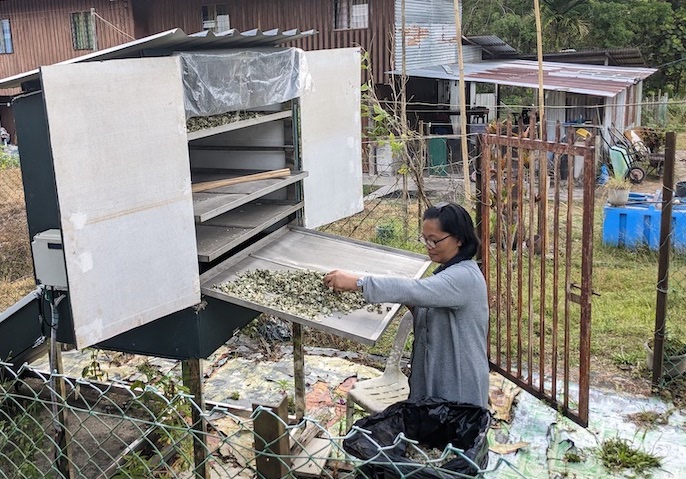
FAQ
A major challenge in building micro-grids is to size the power capacity to meet the demand requirements of community members, yet still be financially viable for the community as a whole. Since power demand fluctuates throughout the day with peak periods for home use in the morning and evening and limited demand during other times of the day, power systems are often designed to meet part of the peak community need and have extra capacity off-peak.
A major community development goal is to identify beneficial uses for power during off-peak hours. In run of the river systems (with no storage reservoir) power production is fixed and all power produced must be used for the system to remain stable. When power production is greater than demand excess power is sent to a ballast tank where the power is wasted through water heating. Green Empowerment and its partners have already developed an open source Electronic Load Controller (ELC) that automatically monitors and manages power delivery to the grid and ballast loads based on instantaneous power demand.
Our goal is to minimize service interruptions during peak use and increase the beneficial use of produced power by developing locally manufactured open source technology that automatically turns loads (ie appliances) on and off during the 24 hour power cycle each day.
While current market solutions exist, they are designed for either much larger systems or for single user configurations in developed countries which make them either too costly for or incompatible with micro-grid systems in the developing world.
In addition, a major benefit of creating an open source solution is that engineers and technicians can assemble these controllers locally. Local design and assembly increases the impact of the project through technology transfer and reinforces system sustainability by making local repairs more feasible.
Imagine your community invested two years of time and a large amount of money to construct a local micro-grid. A large part of the budget went to buying an off the shelf technology from a far-away country. A year later there is a power surge and this piece breaks. Your local technicians do not know how to fix it, and the way it works is proprietary. It will be expensive and take months to order a new part. If only local engineers had designed this part themselves using open source schematics. It could be fixed in a matter of hours, not only turning the lights back on, but also reinforcing community trust in the system.
Yes, while our work up to this point has focused on micro-hydro systems, the technology we are now looking to develop has the potential to improve the efficiency and reliability of micro-grids running on solar and other renewable technologies as well.
In addition our design strategy is modular making the technology adaptable to a variety of system configurations.
Because Green Empowerment works collaboratively with communities and local partner organizations, we are uniquely positioned to create solutions that fit the actual consumer need and take into account the local cultural and financial realities.
In addition, Green Empowerment and our regional partners Sibat and TONIBUNG have been operating in the community based renewable energy and appropriate technology sectors for many years and have considerable in-house staff experience. Together we have collaborated on numerous successful projects and have a solid record of high quality implementation. Our most recent and relevant R&D and capacity building project is the open source Electronic Load Controller (ELC) which has already been successfully piloted in seven communities.
The community based renewable energy systems we work with typically consist of one plant/point of power generation with a capacity in the range of 5-30KW serving communities of 50-1000+ people.
The term open source refers to something people can access, modify and share because its design is publicly accessible. Open source technology allows for communities and energy practitioners to
- build the technology for a much lower cost
- learn how to repair/maintain it themselves.
- add new features and capabilities through collaboration with other energy developers
Green Empowerment will develop this technology collaboratively with practitioners working in indigenous communities in Malaysian Borneo and the Philippines. Our partners will have full access to the technology and development process. In addition we publish all design materials online which are freely accessible to all at www.elcwiki.info. Through this wiki other practitioners in the field can also build on and modify the designs and share their new solutions with the community at large.
A major benefit of more reliable grids is that they can support larger appliances that supplement and/or replace household work that is typically completed by women. Pounding rice into flour, processing other crops, and washing clothes can all be accomplished through modern appliances during off-peak hours by this open source load sharing technology. These appliances can free up time in women’s lives for other pursuits and/or starting small businesses based on their current skills and newly created time. There are many cultural and economic factors that affect whether this possibility can be realized, but access to electricity is a key component to creating the opportunity for change.
PROJECT SPONSORS
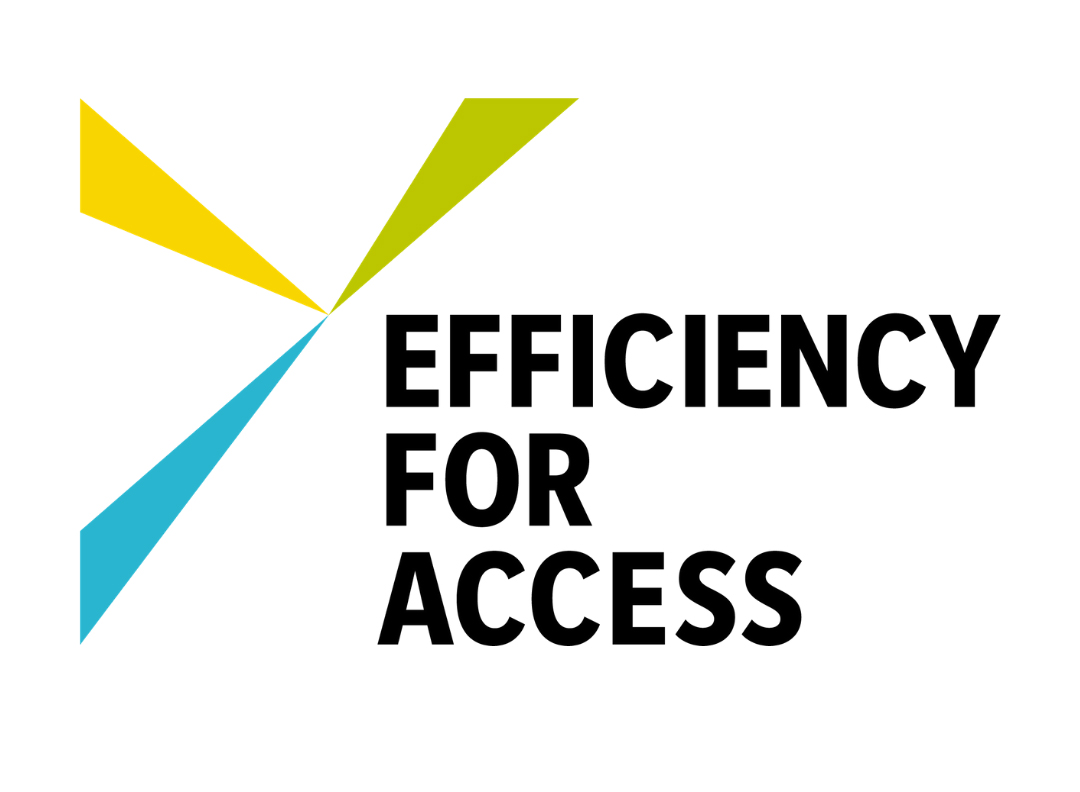


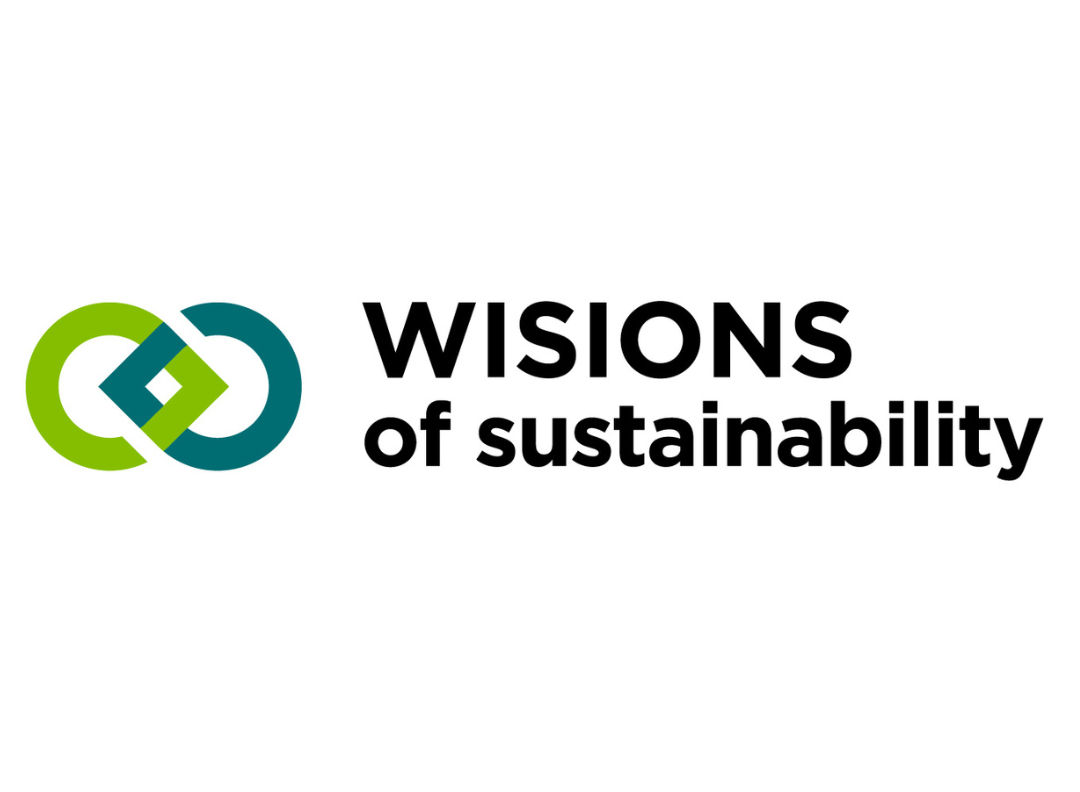
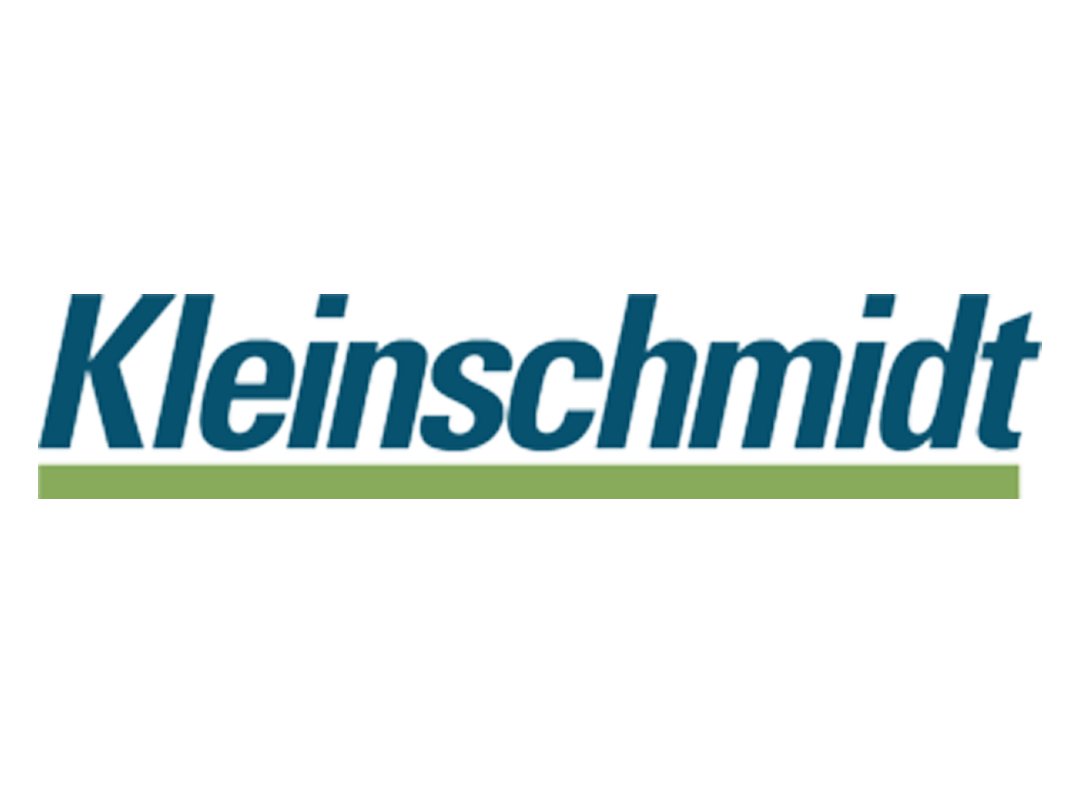

Efficiency for Access
Green Empowerment has received support from the Efficiency for Access Research and Development Fund. The Efficiency for Access Research and Development Fund is supported by UK aid and the IKEA Foundation. The Efficiency for Access Research and Development Fund aims to accelerate the availability, affordability, efficiency, and performance of a range of appliances that are particularly suited to rural developing country contexts and promote social inclusion. Since inception, the Efficiency for Access Research and Development Fund has supported 37 projects with over £5 million in funding and facilitated a further £1.6 million to 11 electric cooking projects with funding from UK aid. Energy Saving Trust manages the Efficiency for Access Research and Development Fund. The Efficiency for Access Coalition is coordinated jointly by CLASP and the UK’s Energy Saving Trust.
WISIONS of Sustainability
WISIONS of Sustainability is an initiative of the Wuppertal Institute for Climate, Environment and Energy, organized with the support of the Swiss-based foundation ProEvolution to foster practical sustainability energy projects. Email: [email protected]
Vatheuer Family Foundation
The mission of the Foundation at its inception was to improve the quality of life of the indigenous population and to further the local economy through agricultural projects. Vatheuer Family Foundation believes in supporting all levels of focused impact to promote sustainability, drive ingenuity, and to encourage individual welfare, community and nation building.
Kleinschmidt
Kleinschmidt provides practical solutions for complex problems affecting energy, water, and the environment
